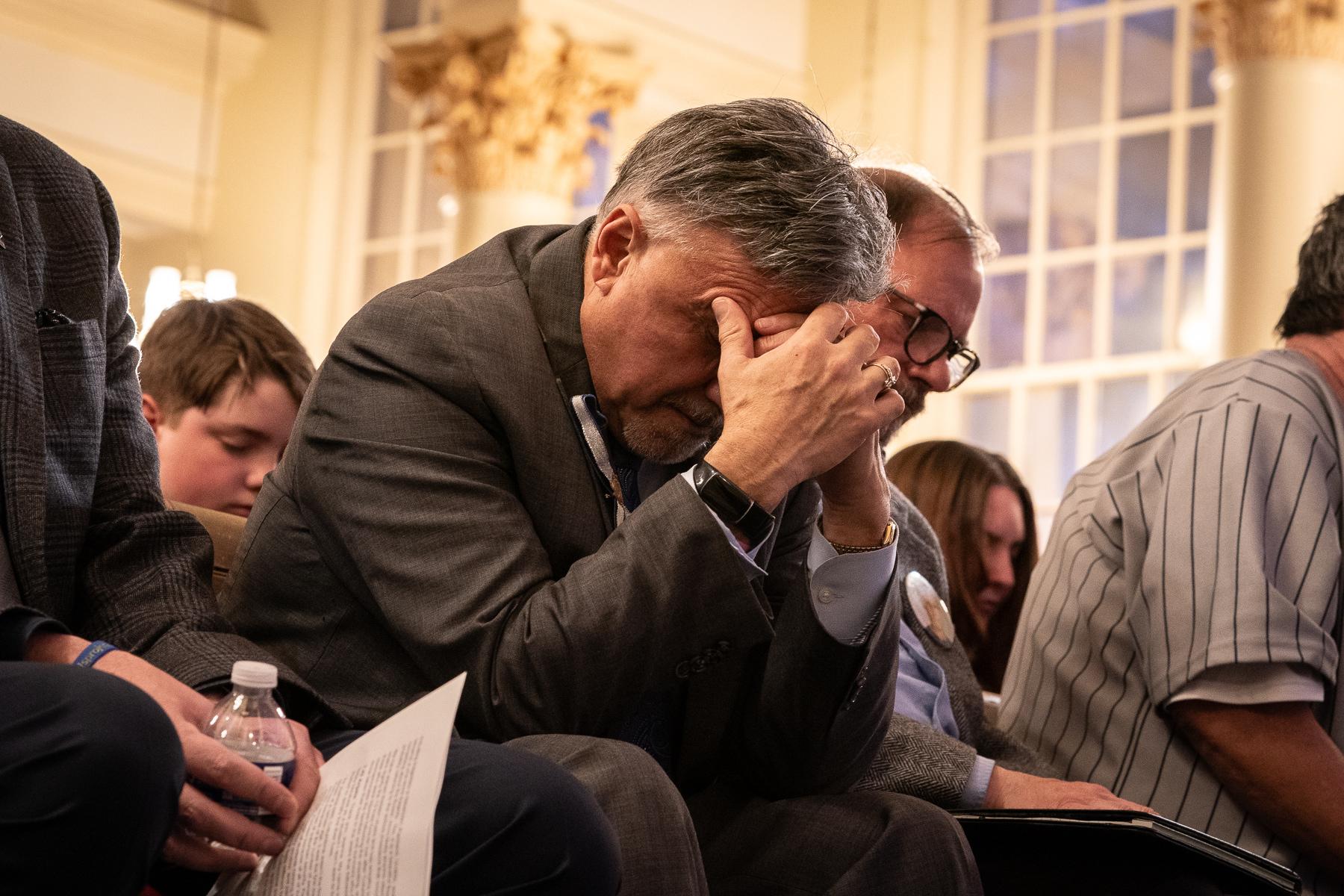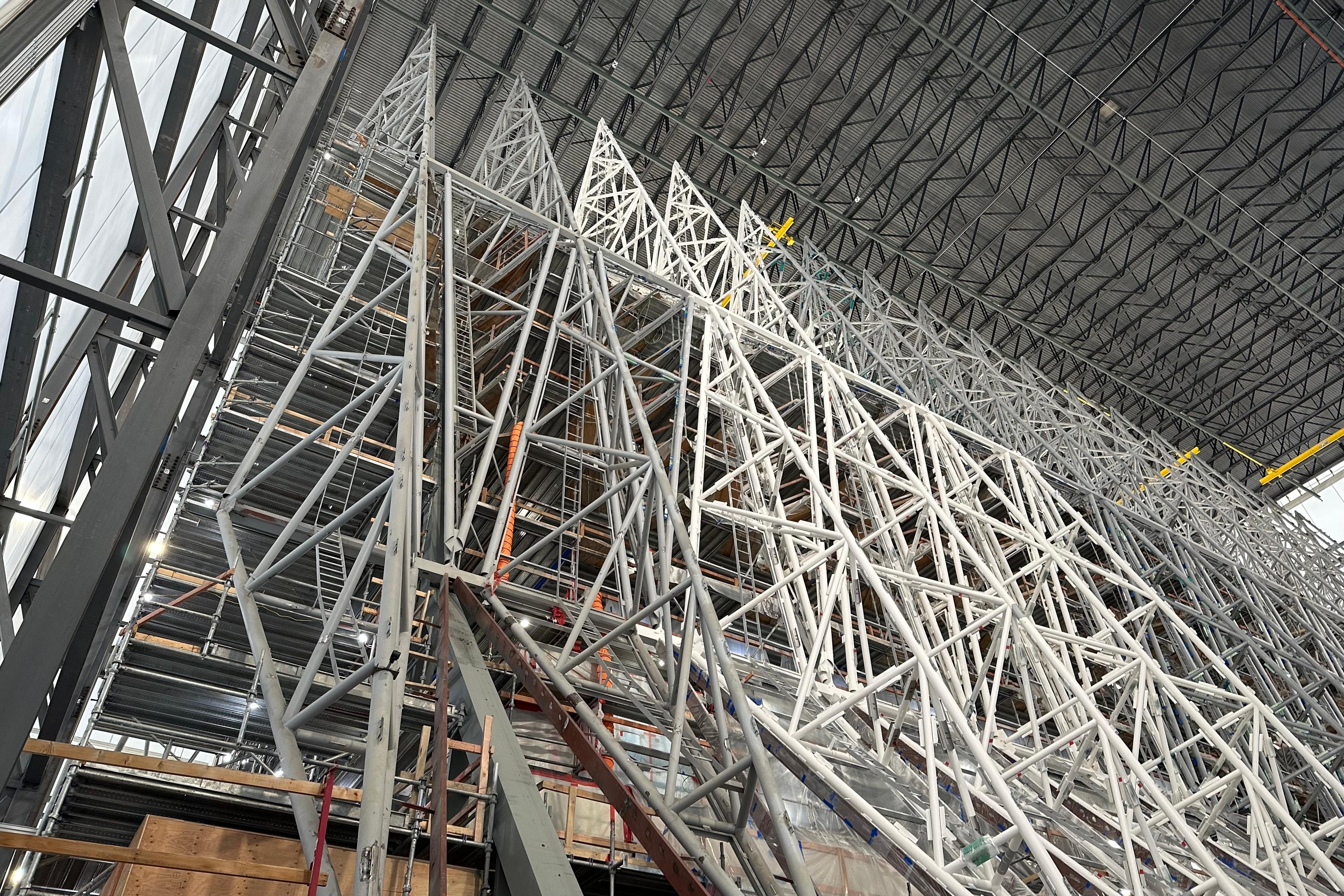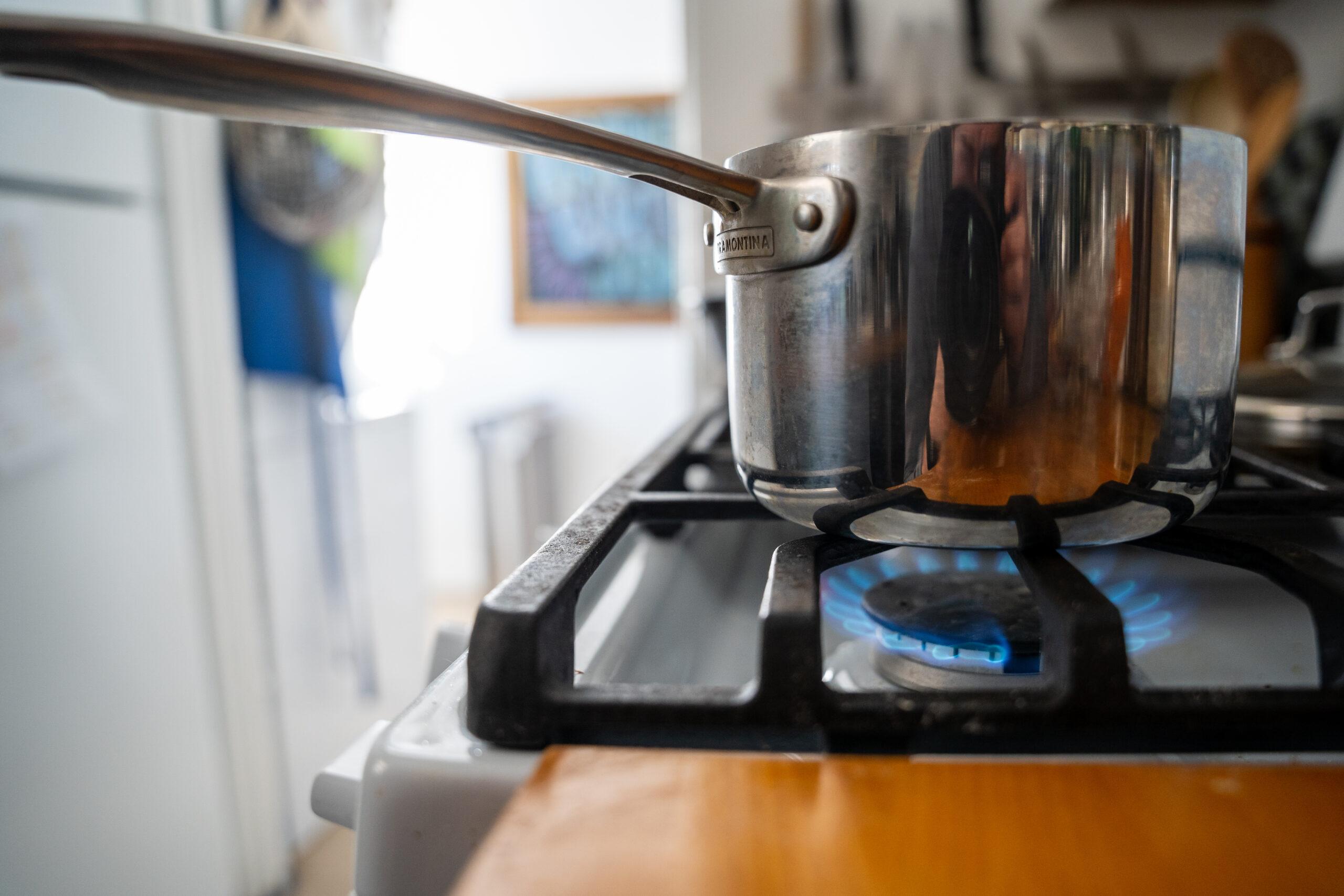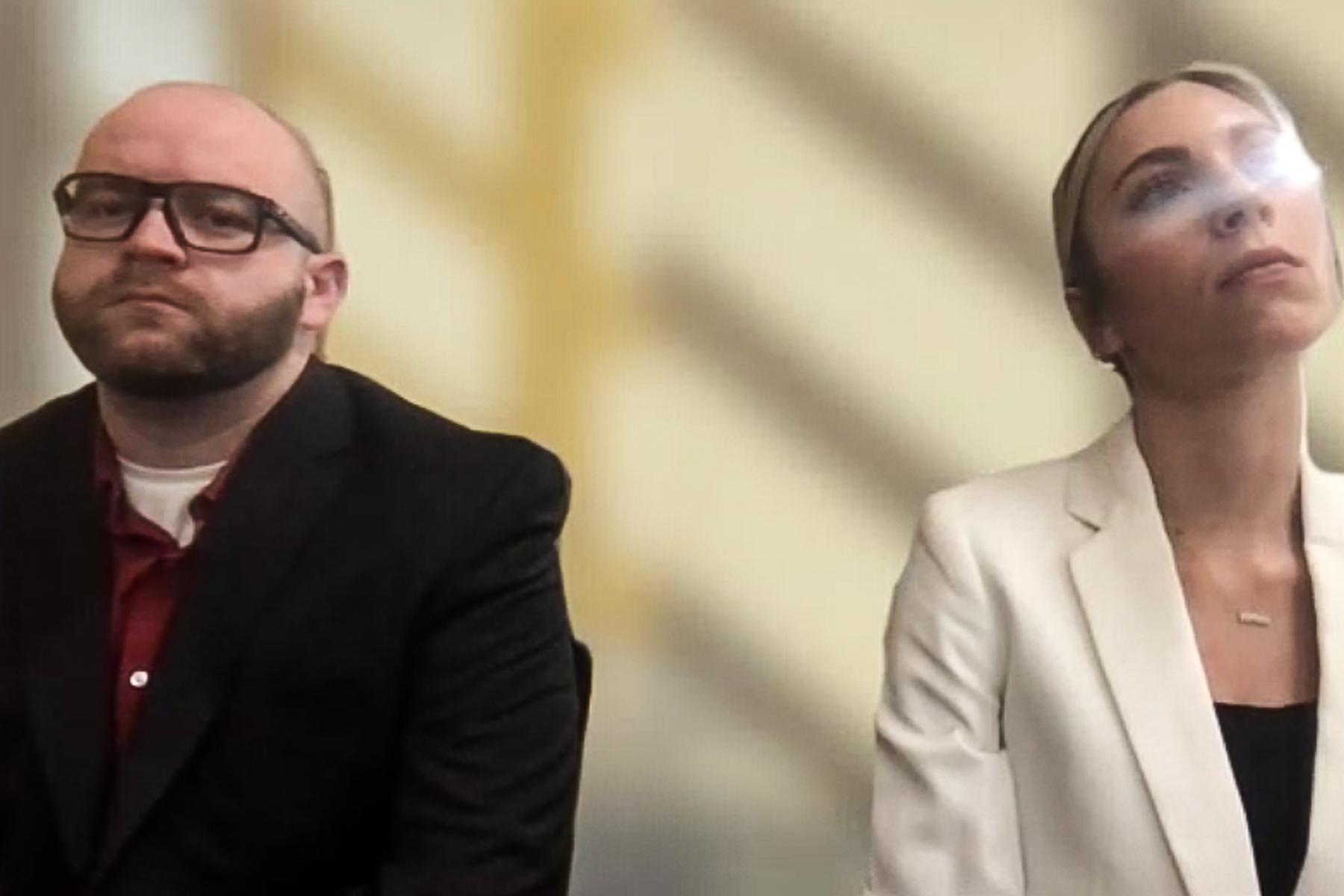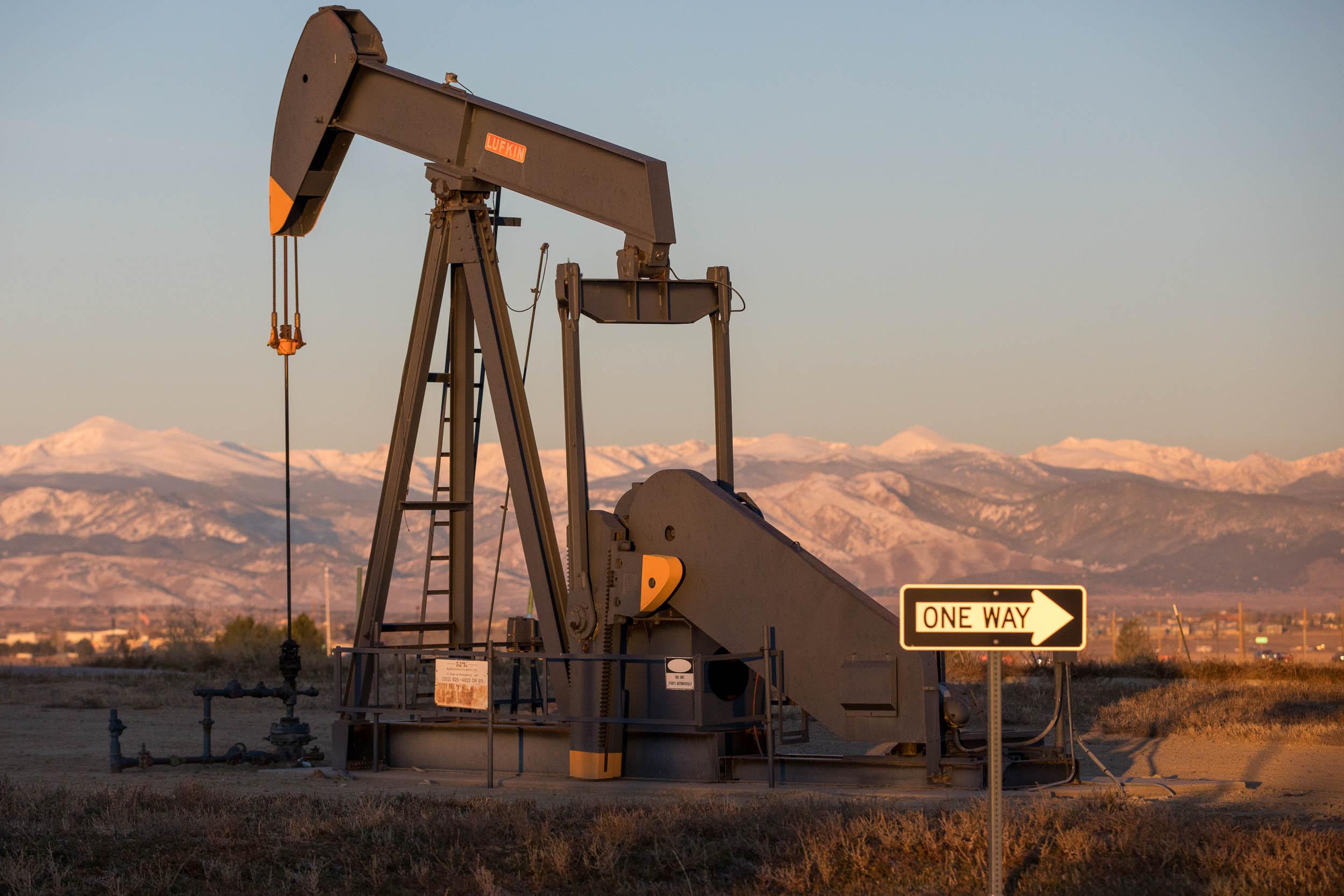
Colorado’s anti-fracking movement has, well, fractured.
Last week, Colorado Rising, the group behind a failed 2018 attempt to increase drilling setbacks, announced it would not collect signatures to put a similar plan on Colorado’s 2020 ballot.
But the decision lacked support from activists Anne Lee Foster and Suzanne Spiegel. Because the pair are listed as the proponents for the initiative, they have the sole power to withdraw it from consideration for the ballot. They declined to do so even after Colorado Rising said it wouldn’t support signature collection.
The pair is now working with a new coalition backing the ballot plan.
“There’s a dedicated group of Coloradans who have been working on this issue for years. They are not ready to give up the fight,” Foster said.
Joe Salazar, a former state lawmaker and the executive director of Colorado Rising, said the organization’s board of directors decided the ongoing pandemic made it unsafe to collect the necessary signatures. Gov. Jared Polis has issued an executive order to allow signature gathering by mail or email, but Salazar said the board concluded it likely needed in-person petitioners.
“That would cause us to be a mechanism of transmitting the virus,” he said. “We’re not willing to put people at risk.”
The entire saga has thrown oil and gas interests for a loop. The industry is backing a number of its own ballot proposals this year, including a plan to replace the Colorado Oil and Gas Conservation Commission, which regulates the industry, with a panel that would not be appointed by the governor. The plan is a response to SB19-181. Colorado Democrats passed the law in 2019 to reorganize the governing body to protect “health and safety” rather than promote oil and gas development.
Diane Schwenke, head of the Grand Junction Chamber of Commerce, is one of the proponents of the initiative. She said there were negotiations to withdraw the initiative if Colorado Rising backed off their efforts. The two sides failed to come to a deal before media outlets reported the group would not collect signatures.
With the setback measure moving ahead anyway, she said her allies will continue to push their initiative as well.
“We were willing to step back if they were willing to step back at one point, but that deal fell through on their end, not ours,” Schwenke said
After Colorado Rising backed out, Foster and Spiegel turned to 350 Colorado Action for help. The advocacy group also supported the 2018 setback initiative. The board of directors unanimously voted in early June to renew the petition effort and form an issue committee to pursue one of five potential setback initiatives. The activists had submitted a range of options to gauge which one could gain the greatest support from voters.
Micah Parkin, a board member with 350 Colorado Action, said the new coalition plans to focus on what’s now called Initiative 174. The proposed measure would ban any new drilling within 2,500 feet of playgrounds, buildings, waterways or hazardous waste sites. The plan is nearly identical to Proposition 112, which failed two years ago. The main difference is the new version forbids drilling near Superfund sites, but not intermittent waterways.
The advocates plan to form an issue committee called Safe & Healthy Colorado to push the initiative.
Parkin admitted it will be a challenge to get the measure on the ballot. The coalition has until Aug. 3 to collect 124,632 valid signatures and submit them to the Colorado Secretary of State’s Office.
She added the group will try to take advantage of the remote petitioning allowed by Polis, but it’s also speaking to public health experts about safely collecting signatures in-person.
“Our communities are continuing to suffer. They're being made more vulnerable to the pandemic,” Parkin said. “And so we felt like we owe it to our communities to at least try and see if we can make the ballot.”

